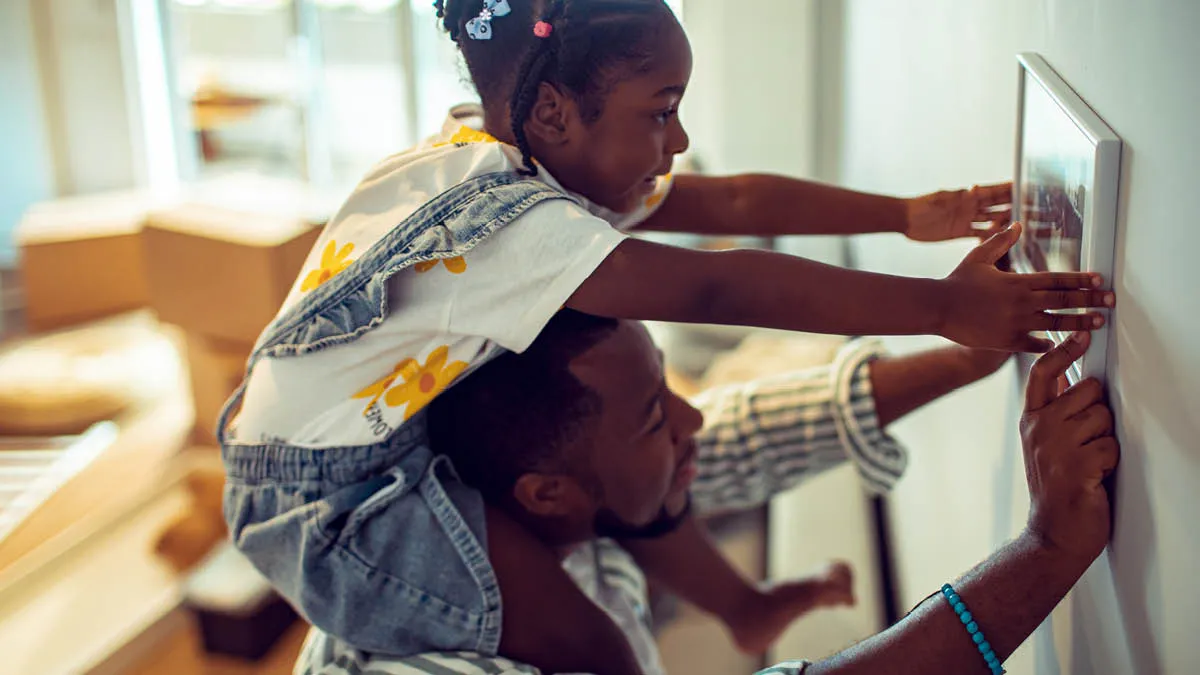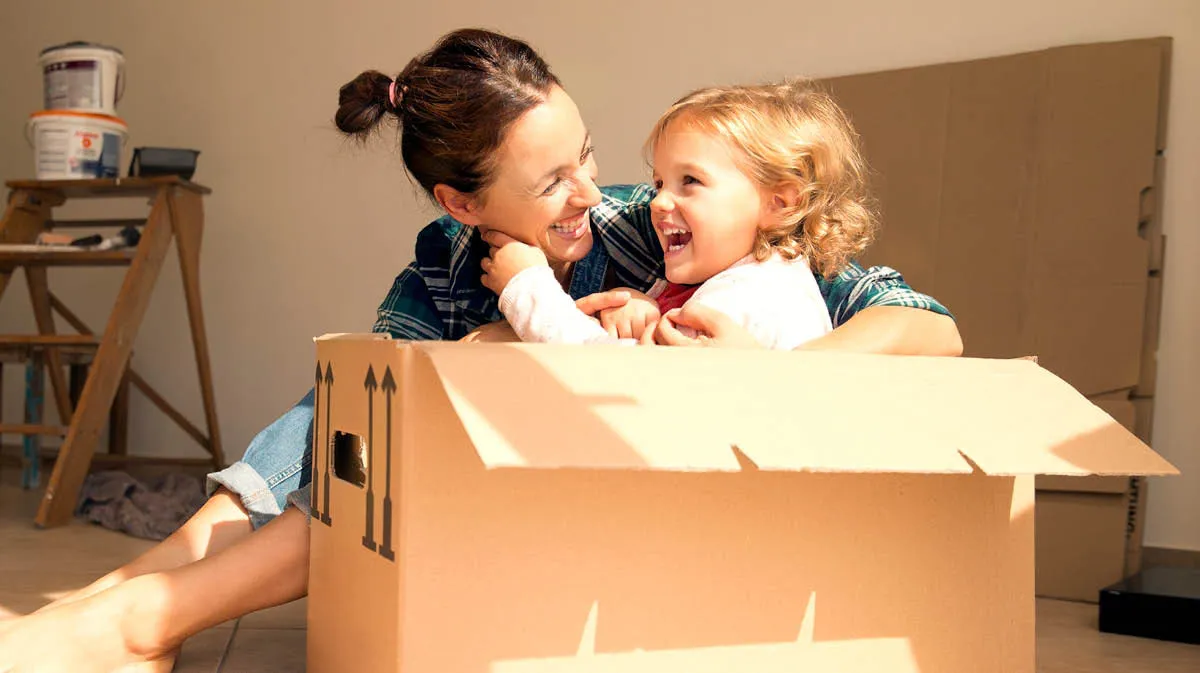- Für Dienstleister
- Für Makler
Einzelpersonen und Familien
Wen wir abdecken
- Im Ausland lebende Personen
- Familien
- Studenten
- Arbeiten im Ausland
- Rentner
- Über 60 Jahre
Top-Ziele, die wir abdecken
Krankenversicherung für Expats
- Wissenswertes zur Gesundheit von Expats im Hub
- Übersicht für Rentner zur internationalen Krankenversicherung
- Eine Übersicht zur internationalen Krankenversicherung für die Arbeit im Ausland
- Krankenversicherung für Expats im Detail
- Übersicht für Studenten zur internationalen Krankenversicherung
- Umzug ins Ausland während der Schwangerschaft
Krankenversicherung wählen
- Reiseversicherung oder internationale Krankenversicherung
- Krankenversicherung wählen
Länderratgeber
- Länderratgeber
FAQ
- Häufig gestellte Fragen
Arbeitgeber
Global Health Benefits Europa
- Krankenversicherungen für Arbeitgeber
- Cigna Inspire Versicherung
2 bis 149 Mitarbeiter
- Internationale Krankenversicherungen
Große Unternehmen
- Krankenversicherungen für große Unternehmen
IGO/NGO und Behörden
Themen
Einzelpersonen und Familien
-
Versicherungsschutzarten
-
Wo wir abdecken
- Argentinien
- Australien
- Österreich
- Brasilien
- Kanada
- Chile
- China
- Costa Rica
- Ägypten
- Frankreich
- Deutschland
- Griechenland
- Indien
- Indonesien
- Irland
- Italien
- Japan
- Kuwait
- Mexiko
- Niederlande
- Philippinen
- Portugal
- Singapur
- Südafrika
- Spanien
- Schweden
- Schweiz
- Thailand
- Türkei
- VAE
- Vereinigtes Königreich
- USA
- Vietnam
-
Ressourcen
- Wissenswertes zur Gesundheit von Expats im Hub
- Übersicht für Rentner zur internationalen Krankenversicherung
- Eine Übersicht zur internationalen Krankenversicherung für die Arbeit im Ausland
- Krankenversicherung für Expats im Detail
- Übersicht für Studenten zur internationalen Krankenversicherung
- Umzug ins Ausland während der Schwangerschaft
- Reiseversicherung oder internationale Krankenversicherung
- Krankenversicherung wählen
- Länderratgeber
- Häufig gestellte Fragen
-
Für Mitglieder
Arbeitgeber
-
Unsere Versicherungen
-
Für Mitglieder
IGO/NGO und Behörden
- Übersicht
-
Unsere Versicherungen
-
Für Mitglieder
Blog zum Thema Gesundheit
Für Makler
How to combat stress when moving your children abroad
How to combat stress when moving your children abroad
Parenting Coach, Jenni Honeyben offers her advice on how to make moving abroad as stress-free as possible for you and your children.
Moving home is described as one of the most stressful life events we can experience. We've all been there – surrounded by boxes and unsure where to begin. However, starting a new life in a different country with children in tow brings a whole world of other challenges.
Making new friends, learning a new language and culture, going to a different school, and saying goodbye to friends and family at home can be difficult for little ones to deal with.
'All of those changes impact a child's nervous system. Children are just small adults, so things that are stressful for grown-ups are also going to be stressful for children,' says Parenting Coach, Jenni Honeyben.
And while moving home or starting a new school can be tough on children, moving abroad brings with it a more significant transition. 'So for example, when a child starts a new school, the rest of their life remains the same; they've likely got the same home, the same neighbours, perhaps some of the same friends from their old school. The difference in moving abroad is that it's such a huge transition and a lot is changing at once – the only thing that's really staying the same day-to-day is their family,' explains Jenni.

Saying goodbye to their old life
Although starting a new life in another country can be really exciting and adventurous, taking time to acknowledge that your old life is now behind you is extremely important for you and your children, says Jenni.
'There will be a real sense of grief that you need to address in leaving the familiar life behind and the people and community that you know and love. Even though we do have brilliant things like Zoom and FaceTime, which makes the transition slightly easier, it's still a loss,' she says.
It was this transition and loss that Lucy Marshall, an English teacher who moved from the UK to northern Italy in 2014 with her husband and two sons, found challenging.
'We tried to make it feel like an adventure for the boys and kept reminding ourselves that if it didn't work out, we could always move back,' says Lucy. 'The main thing we were worried about was the language barrier but within a few months. I remember our eldest son having a friend over from school – I was so surprised to hear them both speaking Italian! Kids are extremely resilient and they do adapt, but for us it was about preparing them and listening to their concerns along the way,' she adds.
Signs your child might be stressed
Lucy and her family managed to make the transition to Italy work for them but if you're moving abroad, it's certainly important to look out for any signs that your child might be experiencing stress, says Jenni.
'Every child shows stress in different ways, depending on their unique personality, their nervous system and how they relate to the world. They may become withdrawn, struggle to sleep or wet the bed, become more clingy, start having tantrums or even develop a twitch, and so on,' Jenni explains.
The main thing is to watch for any behaviour, attitudes or emotions that are out of the norm for your child. If they have been through a stressful event in the past, then you might see similar behaviour or patterns manifest and this could well be a sign they are experiencing stress.
How to mitigate the stress of moving abroad for your family
Any significant life event, such as moving to another country, can take time to get used to, especially for children. That said, there are some ways you can support your child to help them adapt to their new life abroad, says Jenni.

Here, Jenni offers six key aspects to consider:
- Have empathy
You are probably going to see some big emotions, big feelings and potentially some challenging behaviours during the lead up to your move. It is important to allow for that and see it as a period of adjustment and a sign that they are feeling unsettled. So rather than coming down harshly on your child, validate the feelings that are going on behind the behaviours and have empathy instead.
- Think ahead
Parents know their children best, and they know what their child is going to find stressful. They can foresee the situations that will feel most uncertain or unsettling for their child. So take some time to anticipate the potential challenging areas and account for them. For example, if making friends is going to be difficult for your child, you could arrange playdates before the child starts school with some of the children from their class.
- Make time for connection
Connection is the thing in life that makes all human beings feel safe, secure, and confident in themselves. So as hard as it may be when you're moving countries, try to factor in some one-to-one connection time and play with your child, ideally on a daily basis. Building that close rapport with your child and investing in that will save you from the fallout of them feeling disconnected and unsettled when you arrive. Love and connection are our children's currency, and studies show that behaviour improves when children feel really connected and secure with their key attachments.
- Get plenty of rest
There will be so much going on for you and your child when you move, so it's really important to factor in rest time. Unstructured time, just playing, and doing things that really fill up your and your child's emotional cup. Moving to a new country can be overwhelming on our nervous systems, particularly for children; they're taking in new information about pretty much everything that's going on around them, so they need time to process all those new things and just let off a bit of steam. Try not to jam-pack your weekends with lots of fun and adventurous things – do some of it, for sure, but factor in rest time and everyone's nervous systems will benefit.
- Familiarise your family with what they can expect
Try to familiarise your child with some of the new experiences they'll be coming into contact with as much as you can before you move. Prepare your child by sharing the photos of where you're going to live; if you've got relatives over there, make sure you have video calls with them; if you've been on holiday there before, maybe you could create a scrapbook of all the places that you've been and that you might go to again; take a look at their school's website together and answer any questions that might pop up. If we can give them as much information before they go, it can feel less unsettling for them when they arrive.
- Embrace emotional expression
The likelihood is they will have lots of different feelings about this move. Allowing space and time for them to express those emotions – whether it's excitement, fear, the sadness of leaving their friends and family, or frustration because it's not necessarily their choice – validate those feelings without judgement. The more we allow children to express themselves, the less likely those emotions will get repressed and stuck in their system and the less turbulent they will feel emotionally.
If you are concerned about your child, please do speak to a health professional.
If you need expat health insurance alongside your travel insurance, we have options to suit your needs and budget. Click here to learn more, or get a quote in under 2 minutes here.
Verwandte Artikel
©Cigna 2025
This article has been prepared for general information only and is not intended to provide or constitute advice. Although reasonable steps have been taken to verify the accuracy of the information contained in this article as at the date of production, the position may change at any time. As a consequence, we cannot guarantee that the information contained in this article is accurate or up to date and it should not be solely relied upon. To ensure you have the most accurate and up to date information available, we recommend that you consult government agencies or seek independent legal, financial or medical advice regarding residency, insurance or healthcare rights and requirements in relation to the relevant country or territory.
Kontakt
Hier finden Sie die richtige Information - Von unsrer Verkausfabteilung bis zu generellen Information, einschließlich Kontaktinfromatinon für existierende Cigna Kunden.
KontaktinformationenBeliebte Links
Ressourcen
© 2025 Cigna Healthcare. Alle Rechte vorbehalten.
* Bitte beachten Sie, dass dies eine Darstellung der verfügbaren Leistungen ist und die für jede Leistung geltenden spezifischen Bedingungen und Ausschlüsse hier nicht enthalten sind. Die Leistungen können geändert werden. Einige Leistungen sind Teil des optionalen Moduls. Ausführliche Informationen finden Sie im Kundenleitfaden.
Diese Website wird zur Verfügung gestellt von Cigna European Services (UK) Limited, einem in England und Wales eingetragenen Unternehmen mit Sitz 13th Floor, 5 Aldermanbury Square, London EC2V 7HR und Registernummer 00199739. Der Name und das Logo von Cigna Healthcare sowie andere Cigna Healthcare Marken sind Eigentum von Cigna Intellectual Property, Inc. und für die Verwendung durch die Cigna Group und ihre operativen Niederlassungen lizenziert.
Bei der Auswahl dieser Links verlassen Sie Cignaglobal.com. Cigna Healthcare hat keine Kontrolle über den Inhalt oder die Links der verlinkten Seiten.

